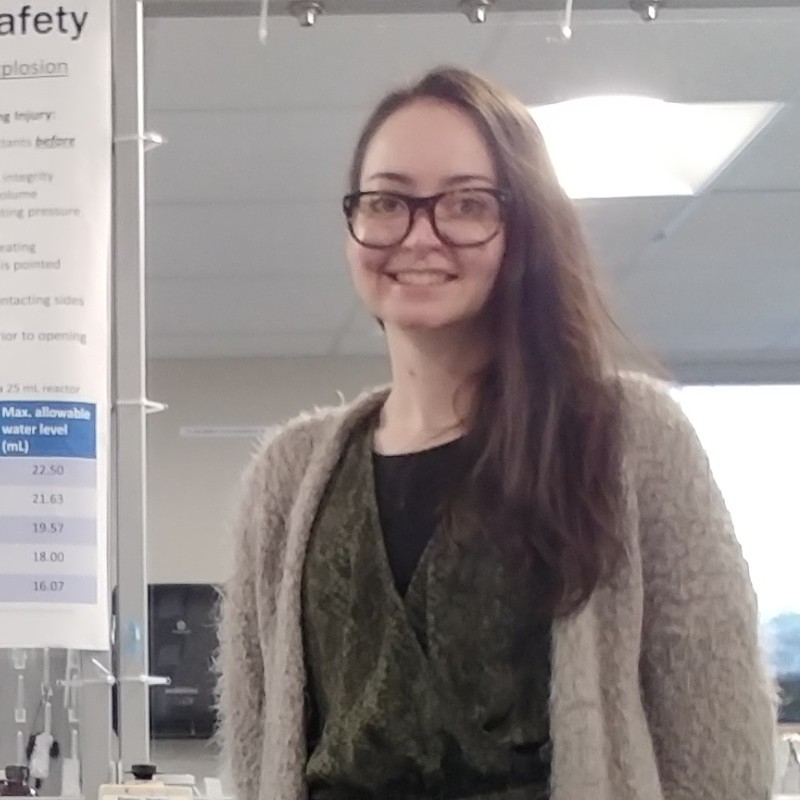2024 Technical Program
Biotechnology
Edible Applications Technology
Recovering marine lipids from Nannochloropsis sp. using hydrothermal carbonization

Melissa Kosik
PhD Candidate
Dalhousie University
Halifax, Nova Scotia, Canada- SB
Suzanne M. Budge
Professor
Dalhousie University, Nova Scotia, Canada
Presenting Author(s)
Co-Author(s)
Marine lipids are an important source of nutritional oils, and producing them directly from phytoplankton is expensive due to the dewatering requirements for lipid extraction. Instead of removing the water, this study investigates the use of hydrothermal carbonization, or pressurized hot water treatment, on phytoplankton to separate the valuable lipids from the water. The relative permittivity of water is lowered under pressurized conditions between 180 and 250°C, which changes the solvent properties of water to produce a solid product that is easily separated from the process water. Nannochloropsis sp. was processed hydrothermally at temperatures of 100–220 °C to explore the effect of the severity of treatment on the partitioning and recovery of the lipids, carbohydrates, and proteins. Thermal exposure was monitored to compare different treatments at various temperatures and processing times.The carbohydrates and protein remained in the process water and were separated from the lipid content, which remained on the reactor surfaces. The most effective treatment was 200°C for 10 minutes, where 28.47 mg/g of EPA and 101.09 mg/g of total fatty acids were recovered from the biochar, with a recovery rate of 91.3% and 97.6%, respectively.

.jpg)